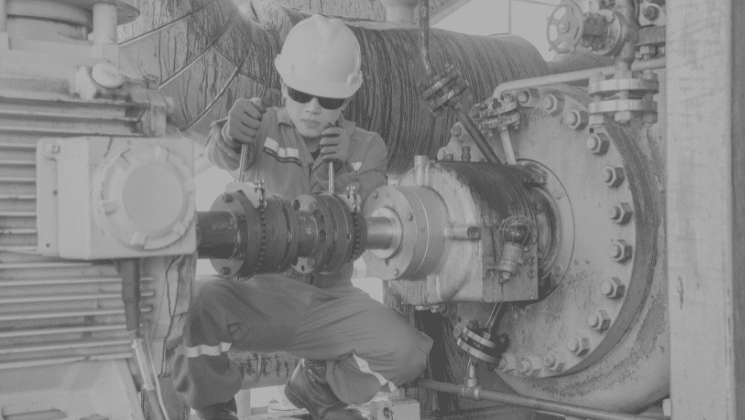Do you know what it takes to be an effective maintenance planner?
All too often organisations hire planners that have insufficient experience. But if you want to get results from your planning and scheduling efforts, you need to hire the right people for the job. People with the right attitudes. The right skills.
Among other things, maintenance planners should have…
- Good technical knowledge and understanding of the equipment they’re planning the maintenance for. And, how that maintenance should be done.
- Knowledge of how the equipment operates and how it fails.
- Ability to troubleshoot and diagnose problems accurately.
Most of the time, you learn this from hands-on experience over the years. You learn this from doing the hard work.
So don’t hire desktop planners i.e. people that know how to do the job in theory, but have never done it themselves.
Think about it.
Would you trust someone with zero on-the-job experience to fix your car?
No, of course not.
And having no experience won’t cut it in the maintenance world either. You’re concerned with safety. With efficiency. With job quality. And rightfully so.
But of course, it shouldn’t stop with just hands-on experience.
Planners should also be formally trained in maintenance planning & scheduling and in, for example, the principles of modern maintenance.
Unfortunately, many planners are missing this. Most of them simply “learn on the job”. That’s why they struggle to be as effective and efficient as they could be. But here’s the good news…
I created an online training program that will fully equip maintenance planners with the modern skills they need to create sustainable results.
If you’re a planner yourself, then you can use this training to enhance your skills and boost your career long-term – we’ve even had some of our students secure promotions as a result of their training.
Or if you’re a supervisor or manager, then you can use this to train your team to become more efficient and effective.
Remember: you’re only as good as your team! So invest in them.


